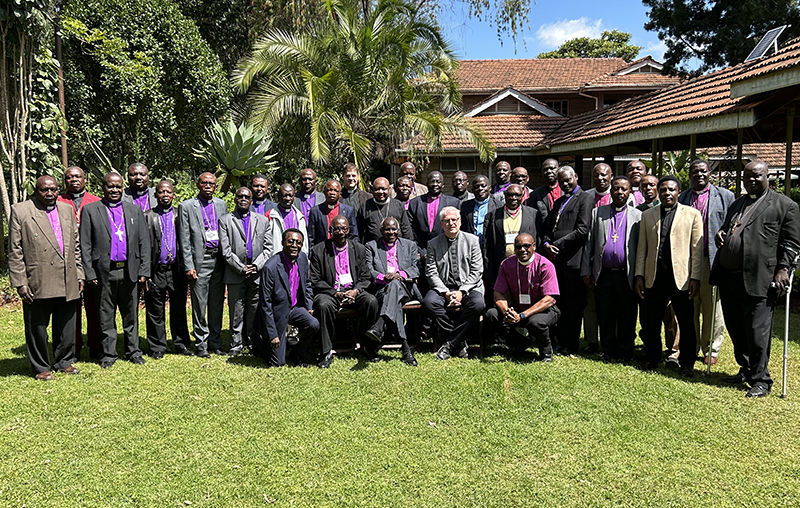
KENYA – From February 6-8, Lutheran church leaders from across Africa gathered in Nairobi for the International Lutheran Council’s (ILC) 2024 Africa Regional Conference. The bishops and presidents of 22 different African church bodies were in attendance, hailing from the nations of Benin, Burundi, Cöte d’Ivoire, Congo, Ghana, Kenya, Madagascar, Malawi, Nigeria, Rwanda, South Africa, South Sudan, Sudan, Tanzania, Togo, and Uganda.
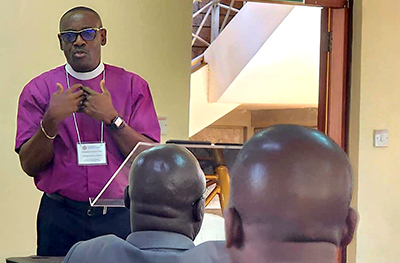
Archbishop Joseph Omolo of the Evangelical Lutheran Church of Kenya (ELCK), the Africa Region representative on the ILC’s Board of Directors, welcomed participants to Kenya and formally opened the conference. The gathering featured a number of presenters. Archbishop Christian Ekong of the Lutheran Church of Nigeria (LCN) spoke on the Lord’s Supper and practice in the Lutheran Church. Bishop Modise Maragelo of the Lutheran Church in Southern Africa (LCSA) discussed experiences of ecumenism in the African context. The ILC’s General Secretary, Rev. Dr. Klaus Detlev Schulz, addressed church relations and altar and pulpit fellowship. ELCK Archbishop Emeritus Walter Obare shared his reflections on relationships with the ILC and other world church organizations. Finally, Rev. Dr. Tom Omolo, Principle of the ELCK’s Neema Lutheran College, addressed the call to the public ministry and the issue of women’s ordination in the African context.
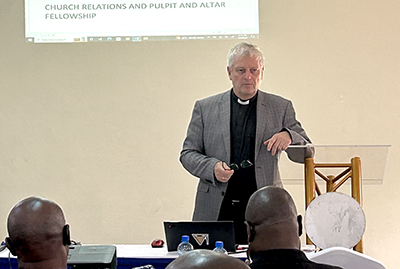
“It was wonderful to gather with African church leaders to discuss these important issues,” said ILC General Secretary Schulz. “God has raised up strong leaders for the African church, and their faithfulness to Christ and His Word is a strong witness to Christians the world over. May God continue to bless the work He is doing through the member churches of the ILC in Africa.”
Preaching for Matins and Vespers over the three days were Bishop Yohana Nzelu of the Evangelical Lutheran Church of Tanzania – Southeast of Lake Victoria Diocese (ELCT-SELVD); Bishop Charles Bameka of the Lutheran Church of Uganda (LCU); LCN Archbishop Ekong; Bishop Helmut Paul of the Free Evangelical Lutheran Synod in South Africa (FELSISA); and Bishop Peter Anibati of the Evangelical Lutheran Church in Sudan and South Sudan (ELCSSS). Clergy from the ELCK served as liturgists.
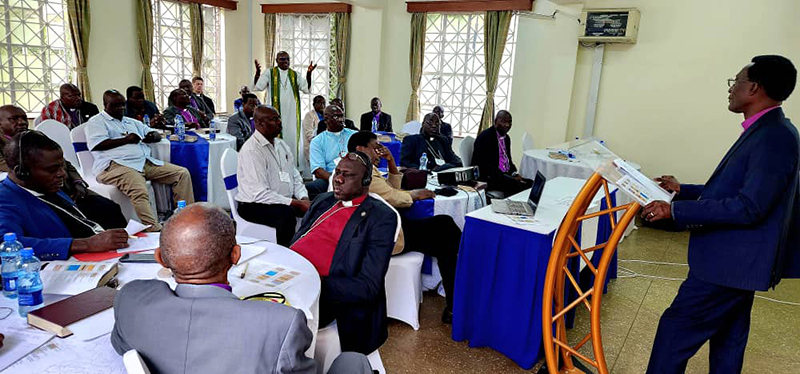
In addition to worship and lectures, participants at the conference also meet for regional meetings and conducted visits to various sites in Nairobi, including the offices of the Evangelical Lutheran of Kenya as well as Lutheran Heritage Foundation.
Participants also discussed the confusion that has arisen in the African context as a result of a recent doctrinal pronouncement in the Roman Catholic Church, which authorized its clergy to bless same-sex couples. In response, the ILC’s Africa Region adopted the following statement reaffirming their own adherence to historic Christian teaching in matters of human sexuality.
ILC Africa: Statement on the Blessing of Same-Sex Marriage
In response to the recent pronouncement by the Pope allowing Roman Catholic clergy to bless same-sex couples, and the support of same-sex marriage by civil authorities (including some African countries), we the International Lutheran Council (ILC)’s African Region, meeting in Nairobi from February 5-8, 2024, at Corat Africa, hereby affirm the ILC’s position that marriage is “the life-long union of one man and one woman and for the procreation and nurture of children.”
In this regard, sanctioning any other form of union, especially a same-sex union, is an affront to the authority of the Holy Scriptures and a direct opposition to the Law of God in the Sixth Commandment. It is our prayer that those who are falling into this vice may turn to the Word of God for guidance.
———————

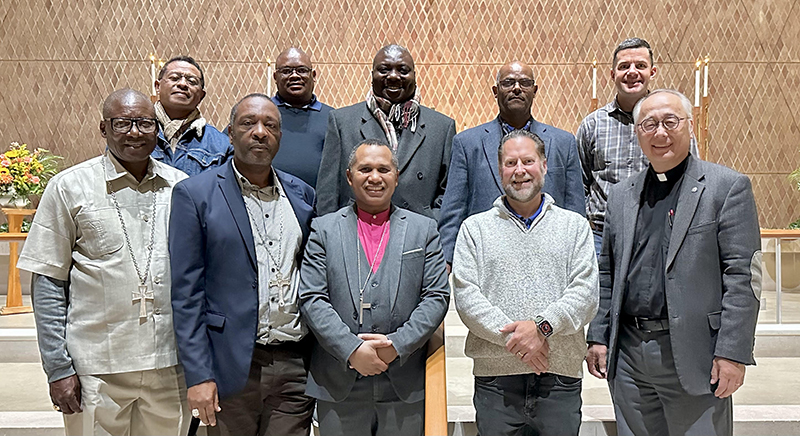
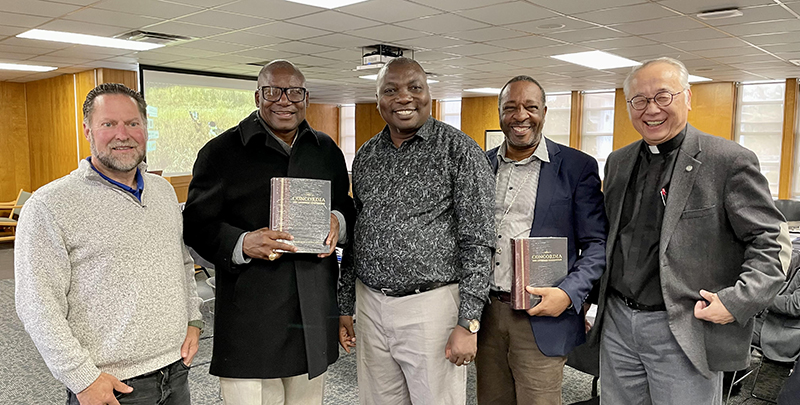
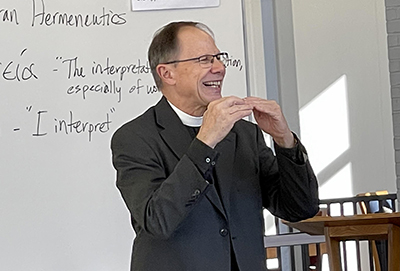
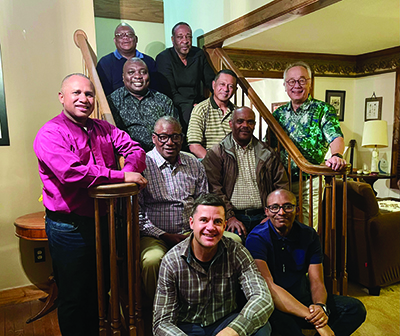
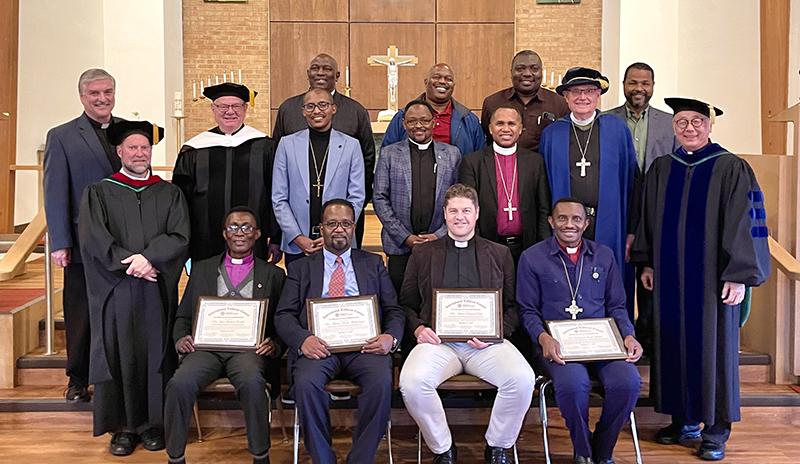
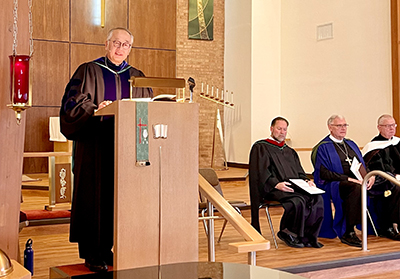
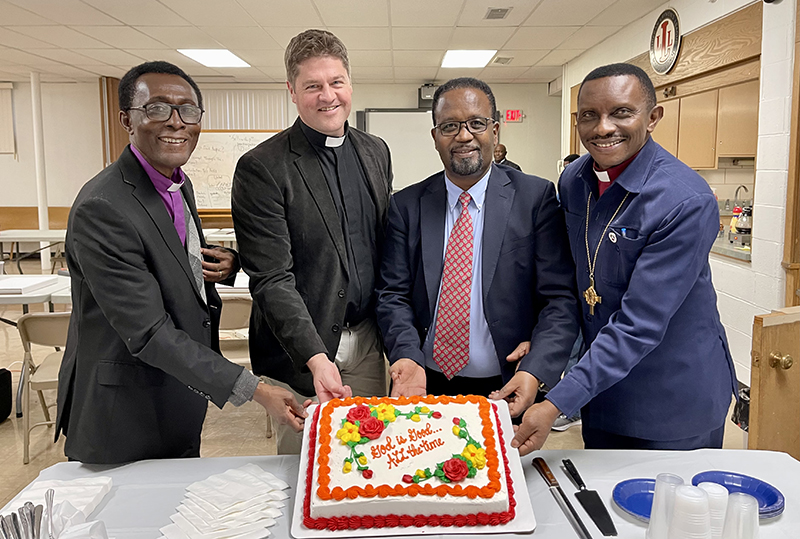
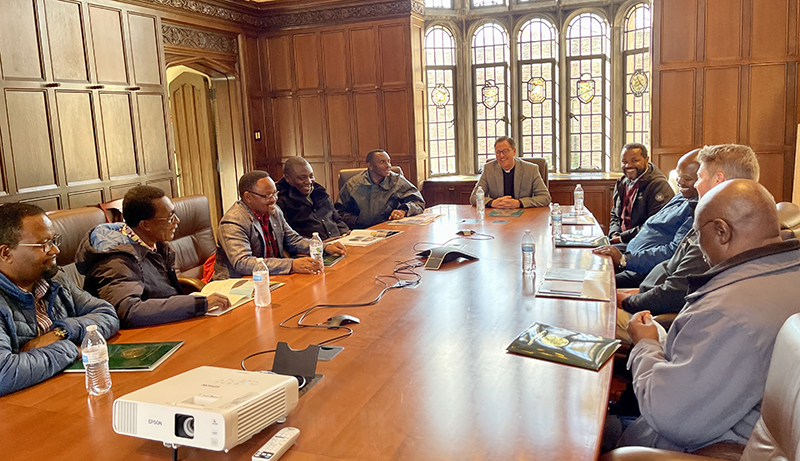
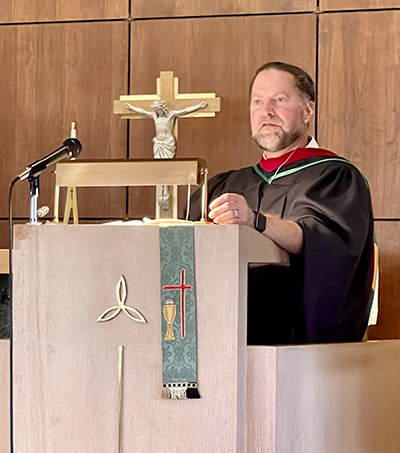
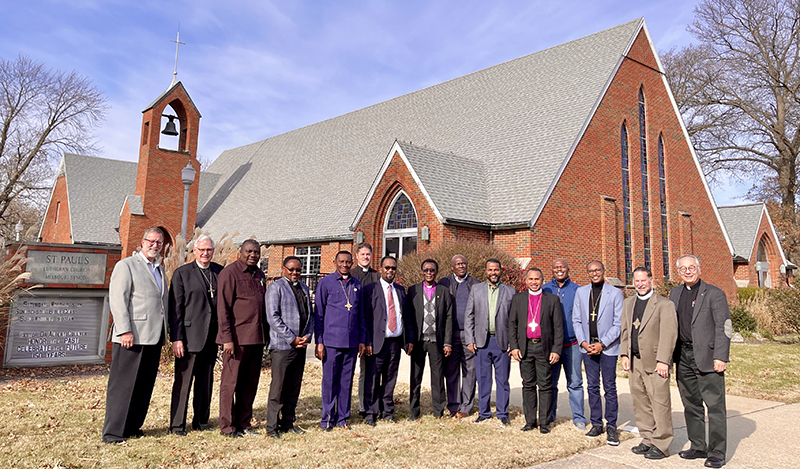
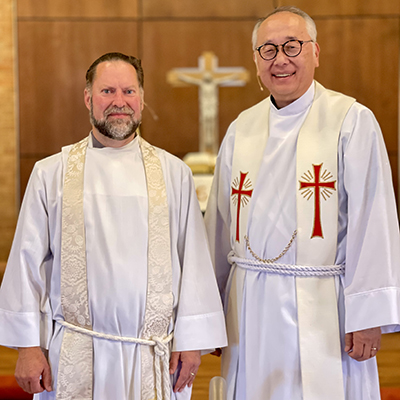
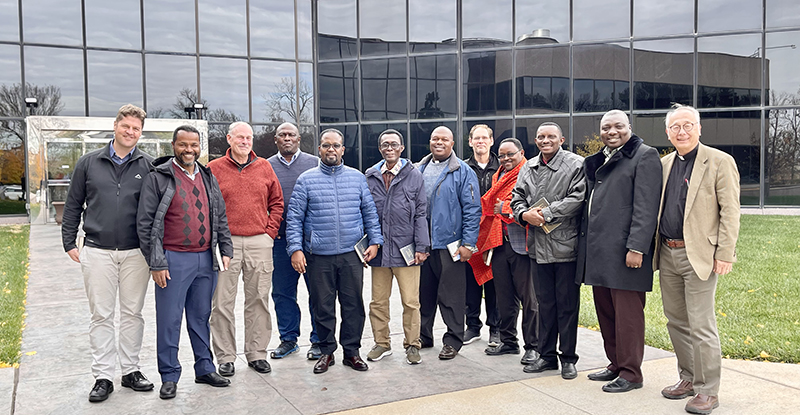
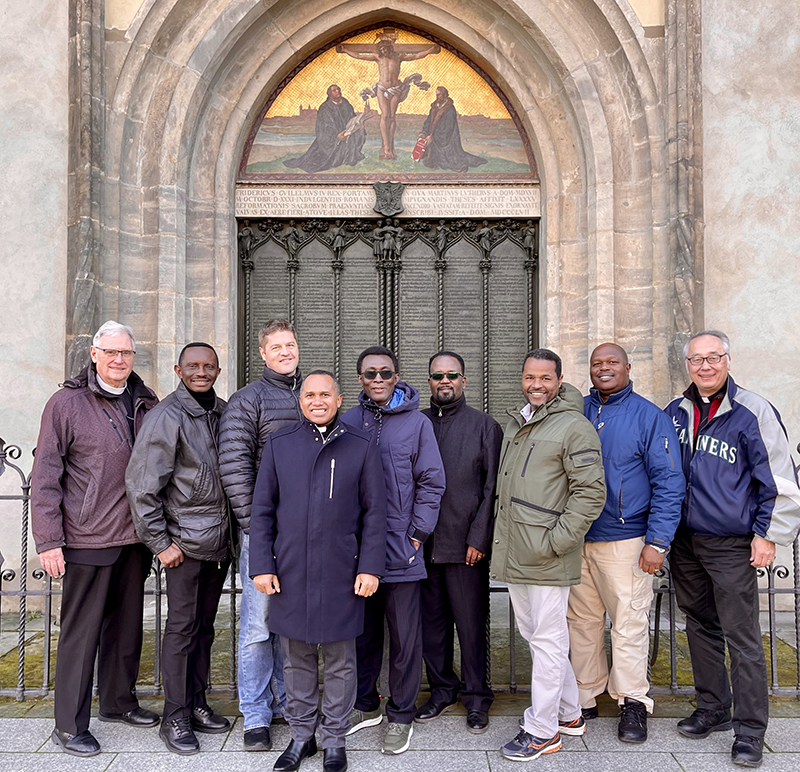
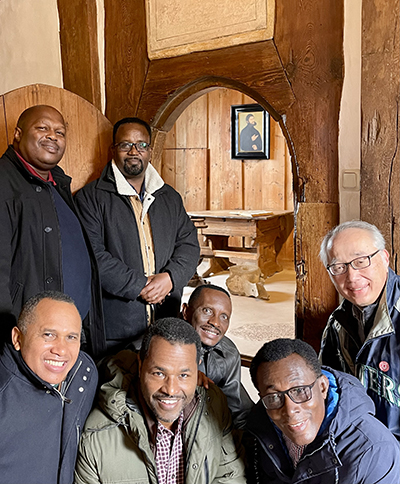
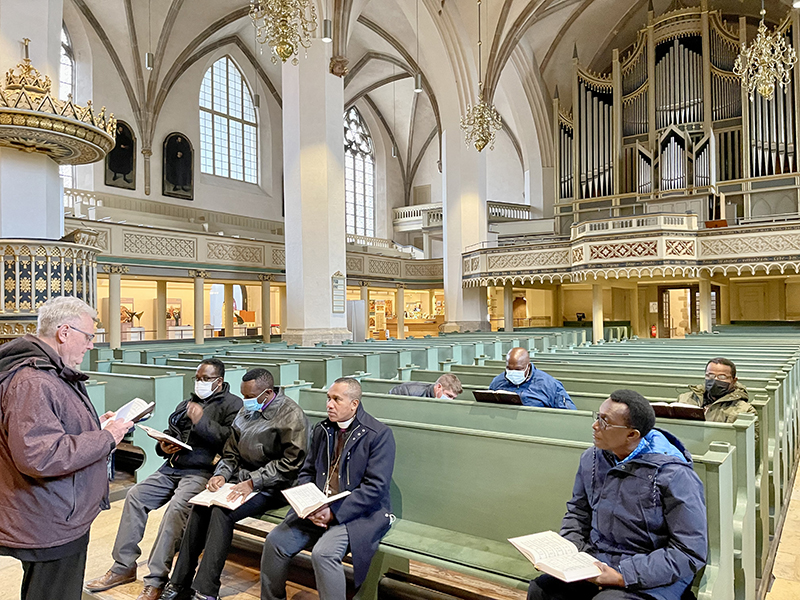
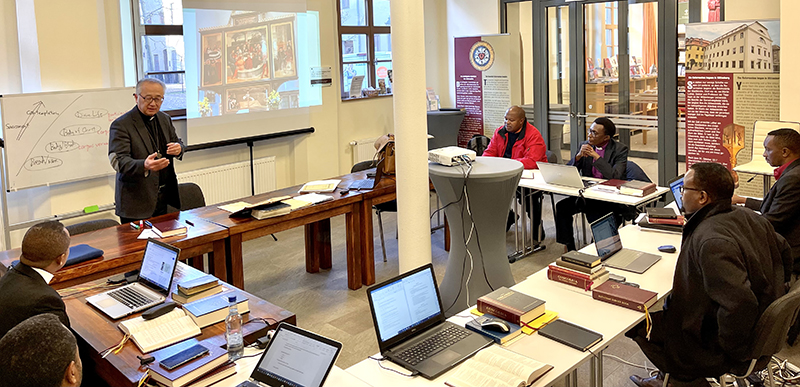
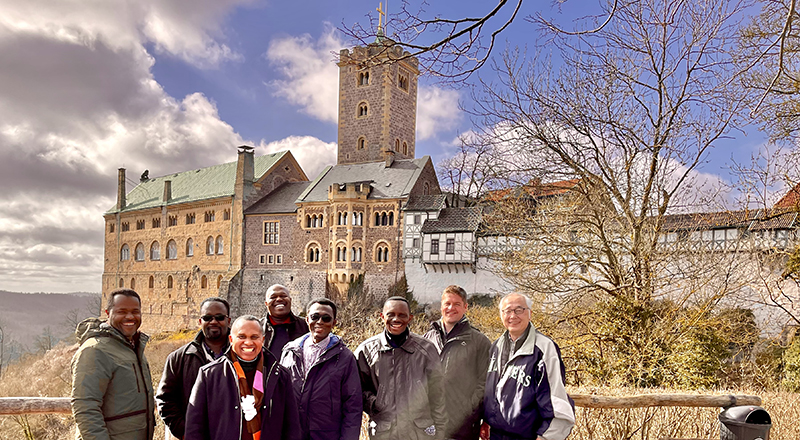
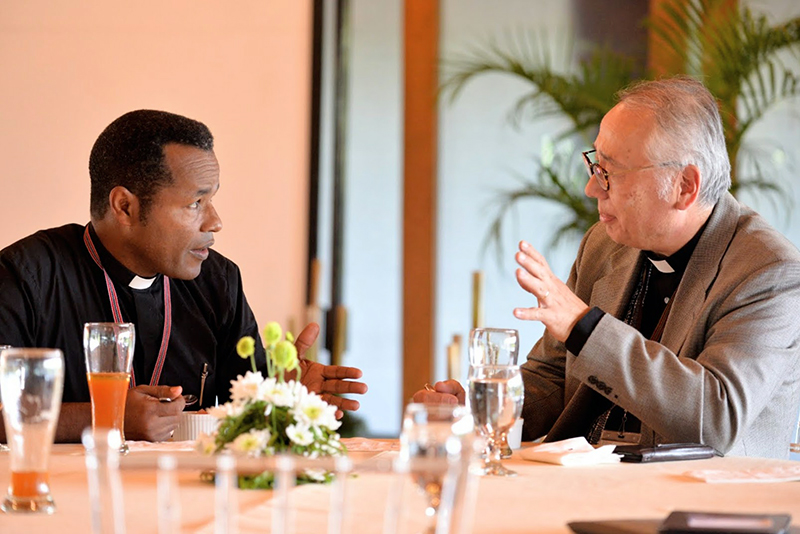
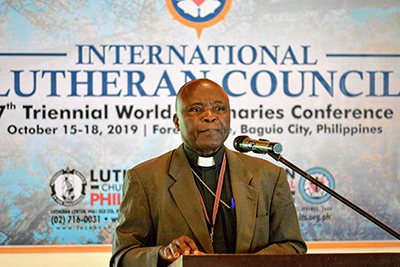
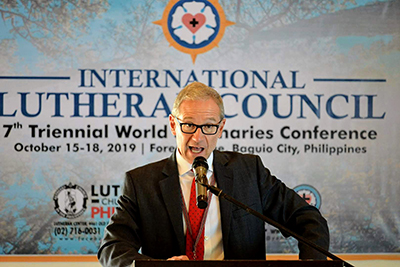
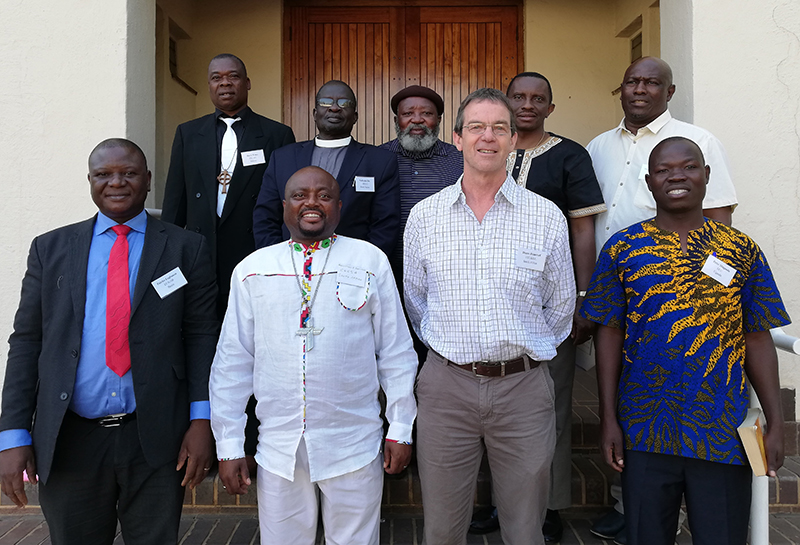
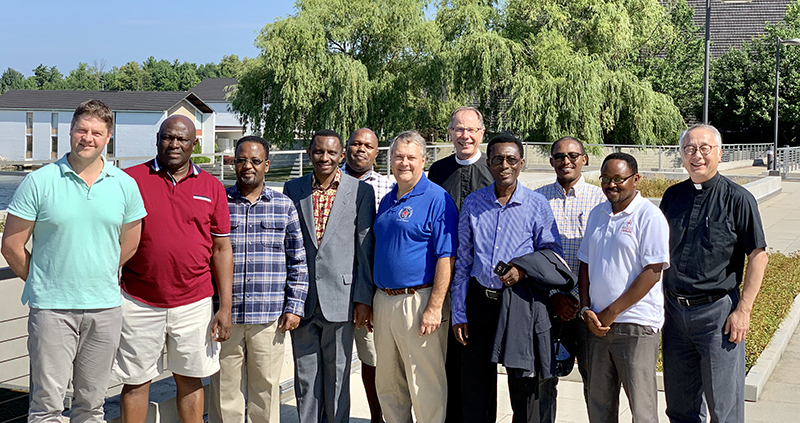
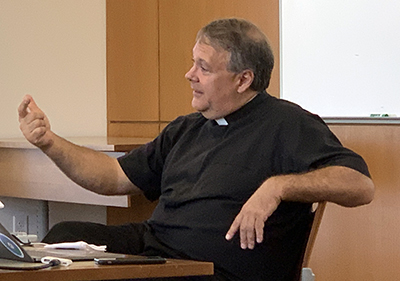
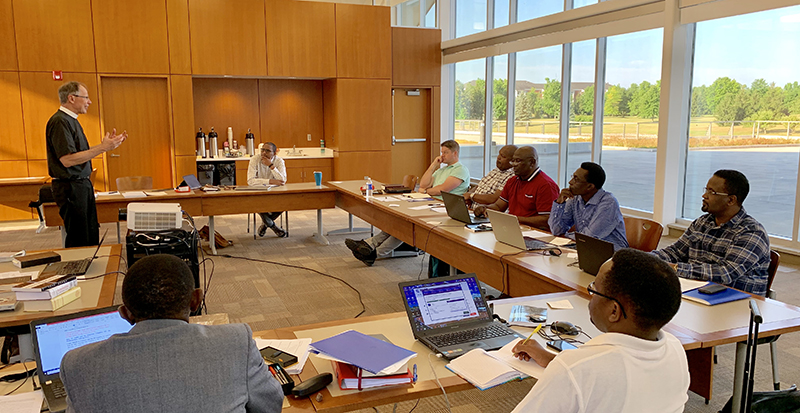
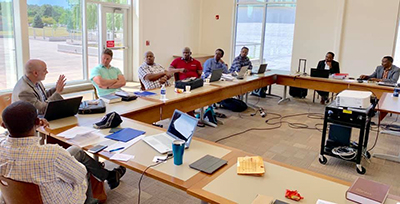
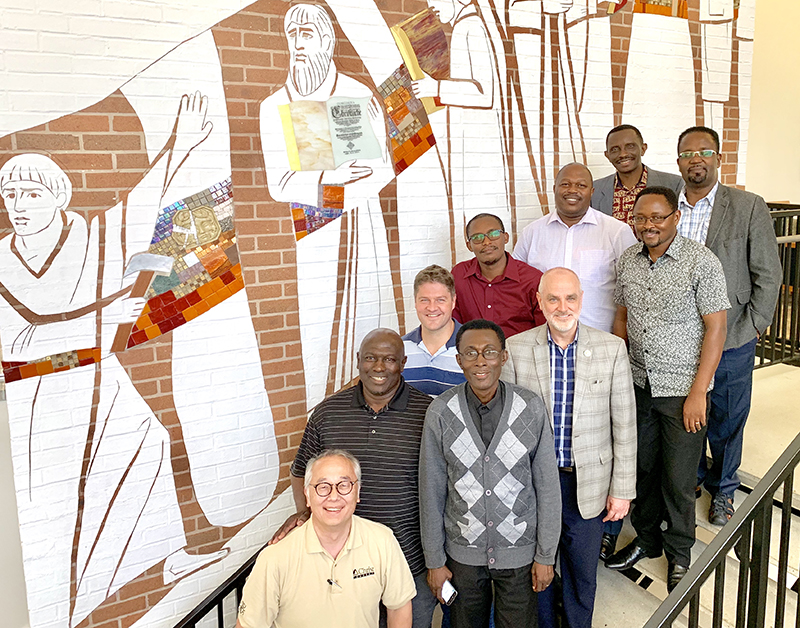
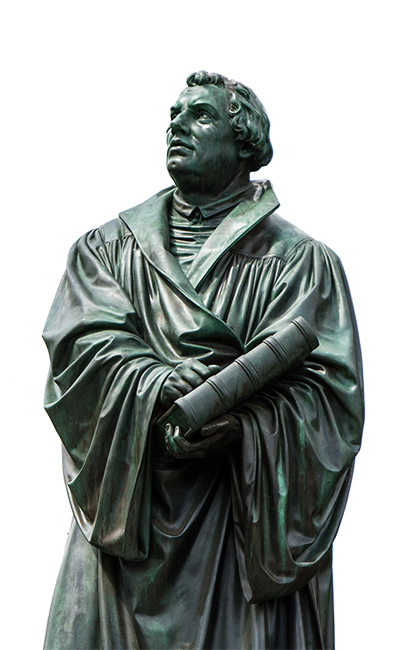 by Mathew Block
by Mathew Block